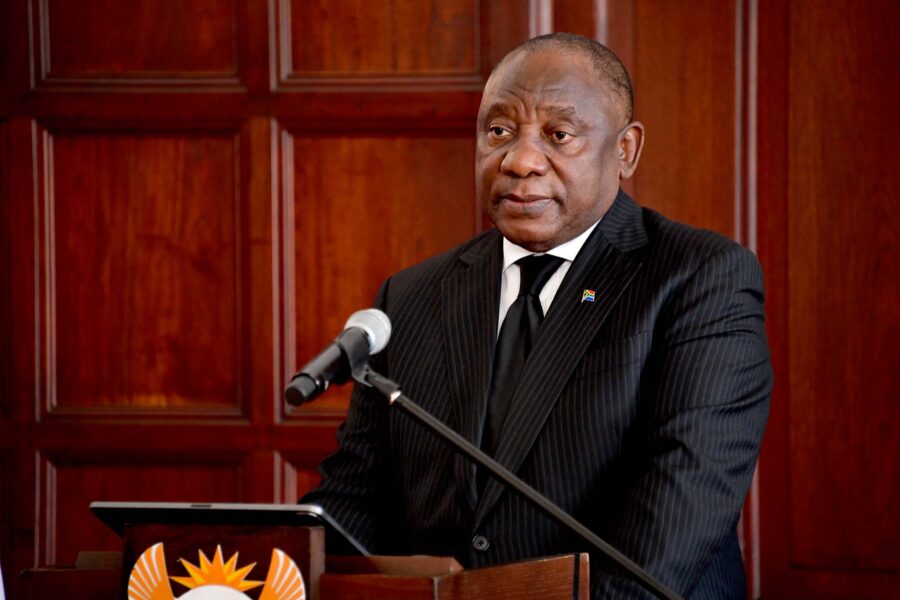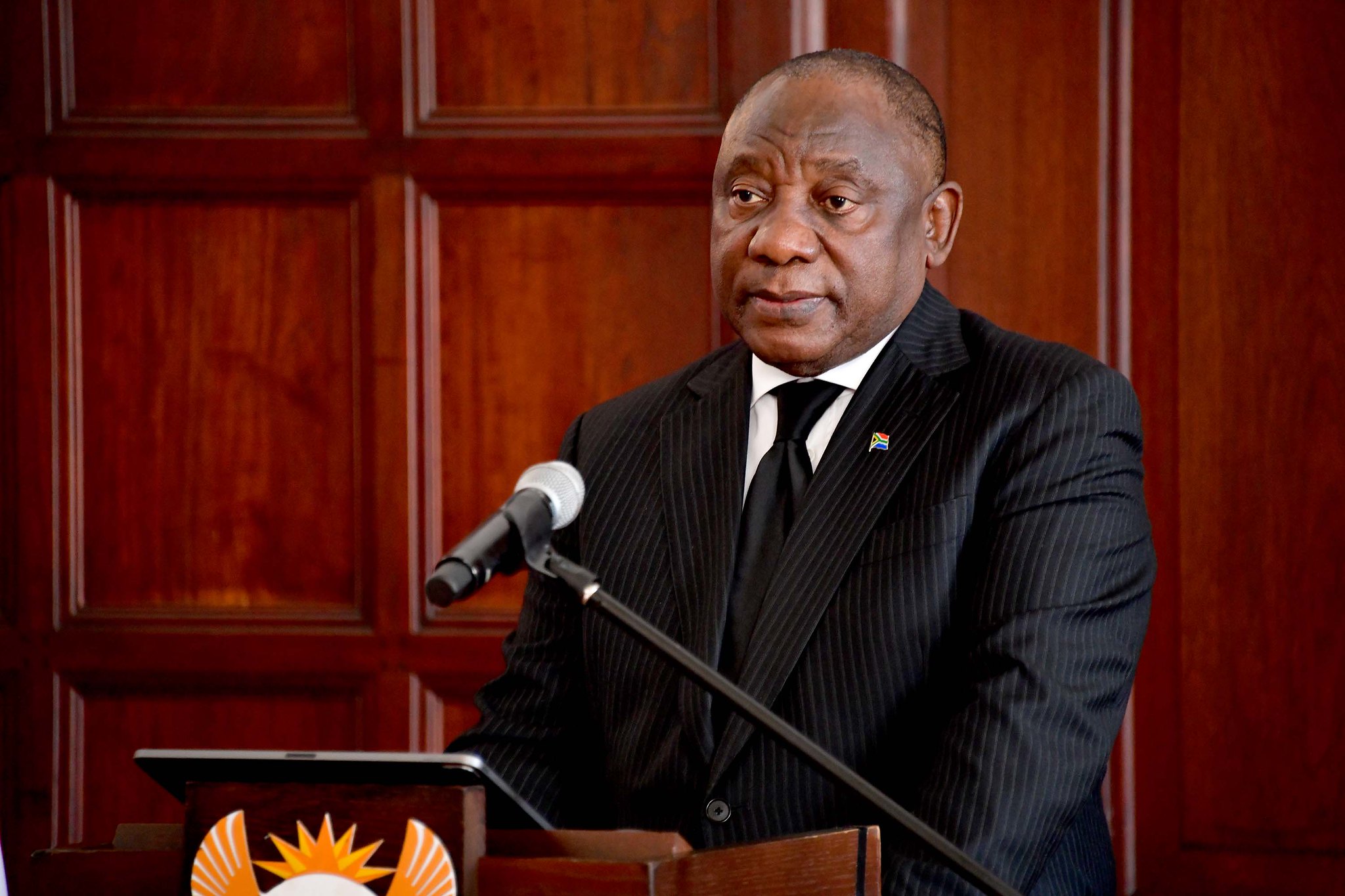
Ramaphosa Withdraws Ministerial Handbook, Bows to Pressure
The DA has won its battle to force President Cyril Ramaphosa to withdraw amendments he secretly made to the Ministerial Handbook back in April. While South Africans face loadshedding and water shortages, the amendments planned to force taxpayers to foot the bill for the ministers who helped create the crisis to enjoy free electricity and water. […]

The DA has won its battle to force President Cyril Ramaphosa to withdraw amendments he secretly made to the Ministerial Handbook back in April. While South Africans face loadshedding and water shortages, the amendments planned to force taxpayers to foot the bill for the ministers who helped create the crisis to enjoy free electricity and water.
« The DA also exposed that the new Handbook would have nearly doubled the number of ANC cadres employed in ministerial offices, which would cost the public at least R87 million more every year, » said Dr Leon Schreiber MP – DA Shadow Minister for Public Service and Administration – who this morning held a press conference to present the President with a direct ultimatum: scrap the Handbook, or the DA would mobilise society to protest at Bryntirion Estate, which is home to the presidential residence and dozens of ministerial mansions.
President withdrawing Handbook
A few hours later, Ramaphosa’s spokesperson, Vincent Magwenya, announced that the President had acceded to the DA’s demands by withdrawing the Handbook.
« The DA will however persist in our efforts to completely reform the Ministerial Handbook system, which currently gives the President dictatorial powers to force taxpayers to pay for ministerial perks, without even having to inform Parliament or the public, » says Dr Schreiber. «This means that Ramaphosa is entirely at liberty to reintroduce the perks he has just withdrawn at any moment, without any parliamentary oversight.
« This is absolutely unacceptable and presents a danger to our constitutional democracy, which is why the DA will continue to pursue the complaint we lodged with the Public Protector last week. Instead of Ramaphosa having dictatorial powers to dish out patronage to his Cabinet colleagues, it must be Parliament, through an open, transparent and participatory process, that decides on any limited Cabinet benefits that may be appropriate in particular cases. We hope that the Public Protector will agree with us on this. »
